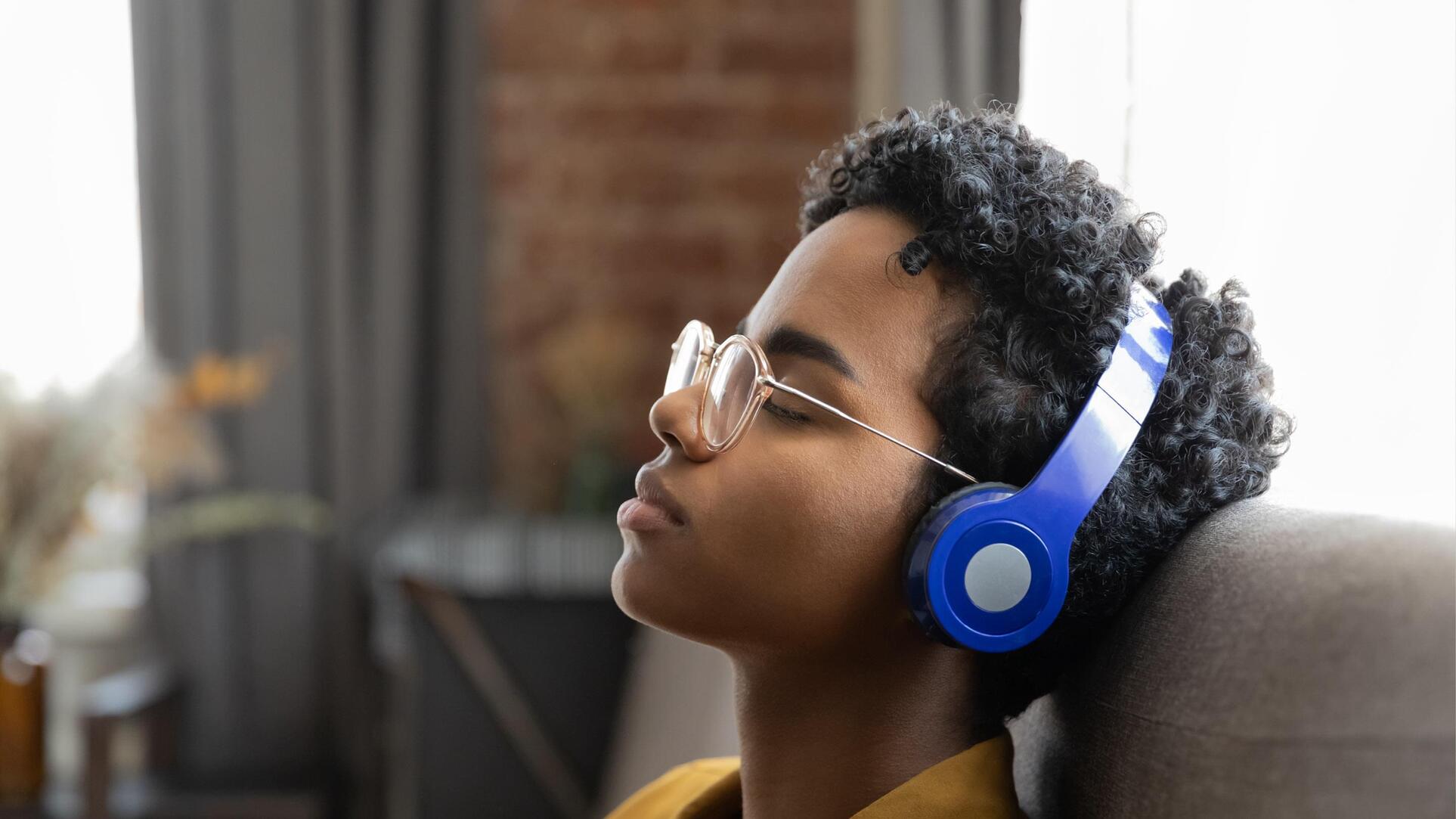
The Role of Sleep in Eye Health
Sleep plays a crucial role in maintaining overall health, including eye health. Adequate rest is essential for proper visual function and preventing various eye-related issues.
Let’s explore how sleep affects your vision, and learn some helpful tips for improving sleep to benefit your eye health.
Looking for other ways to improve your vision? Learn what foods can help improve your eye health!
How does sleep affect your vision?
Getting enough sleep is essential for maintaining healthy eyes. Proper rest, especially during rapid eye movement (REM) sleep, helps in restoring and rejuvenating eye tissues.
Lack of sleep can lead to problems such as dry eyes, strain, and increased risk of eye conditions like glaucoma and broken blood vessels. Ensuring good sleep hygiene and addressing sleep disorders like sleep apnea can significantly improve your eye health.
What is the impact of REM sleep on eye health?
During sleep, particularly the REM stage, your eyes undergo significant changes. REM sleep is characterized by quick, random movements of the eyes, and it is a vital phase for restorative processes in the body, including the eyes.
During REM sleep, the eye muscles are engaged, which helps maintain their elasticity and strength. This stage also plays a role in replenishing essential nutrients and reducing inflammation.
Discover more about maintaining healthy vision by exploring our Back to School Eye Health: Tips for Students and Parents blog post.
What are the effects of sleep deprivation on eye health?
Lack of sleep can lead to several eye problems. Sleep deprivation often results in symptoms such as dry eyes, eye strain, and blurred vision.
It can also exacerbate existing eye conditions, leading to more severe issues. For instance, sleep-deprived individuals may experience broken blood vessels in the eyes due to increased pressure and strain.
Check out our guide on How to Fix Dry Eyes: Symptoms & Treatment for more tips.
How does sleep apnea affect eye health?
Sleep apnea, a condition characterized by interrupted breathing during sleep, can negatively impact eye health. This condition is linked to several eye disorders, including glaucoma and floppy eyelid syndrome.
The lack of oxygen and disrupted sleep patterns associated with sleep apnea can contribute to increased eye pressure and other complications.
Tips for Improving Sleep to Benefit Eye Health
1. Establish a Consistent Sleep Schedule
Going to bed and waking up at the same time every day helps regulate your body’s internal clock. A consistent sleep schedule ensures you get enough REM sleep, crucial for eye health.
2. Create a Restful Sleep Environment
Make your bedroom a comfortable and sleep-conducive environment. This includes a comfortable mattress, minimal light, and noise reduction. A cool and dark room promotes better sleep quality.
3. Practice Relaxation Techniques
Incorporate relaxation techniques such as meditation, deep breathing exercises, or gentle yoga into your nightly routine. These practices can reduce stress and promote better sleep quality.
4. Avoid Screen Time Before Bed
Exposure to blue light from screens can interfere with the production of melatonin, the hormone responsible for sleep. Reduce screen time at least an hour before bed to improve sleep quality.
Learn about the impact of blue light on eye health in our post Eye Strain: How To Relieve & Reduce Symptoms.
5. Sleep Position Matters
Finding the best sleeping position for eye health is important. Sleeping on your back with your head slightly elevated can reduce pressure on the eyes and prevent conditions such as glaucoma.
Why choose Yesglasses for your eye health?
Maintaining good eye health is essential, and quality sleep plays a significant role in achieving this. Yesglasses offers a wide range of eyewear solutions designed to support your eye health, from blue light blocking lenses to comfortable frames tailored to your needs.
By choosing Yesglasses, you ensure your vision is in expert hands, backed by a commitment to quality and customer satisfaction.
Check out our FAQ or contact us with any questions you may have!